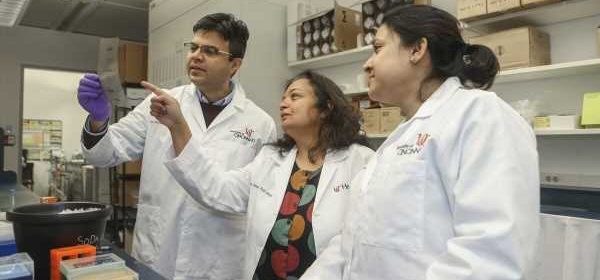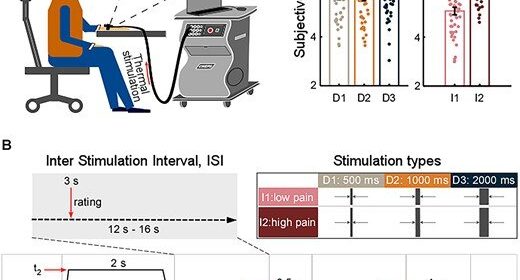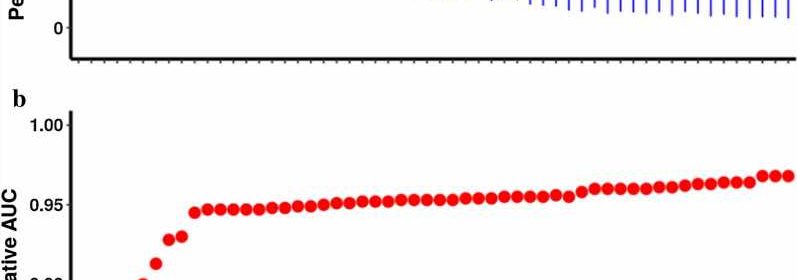Stroke tied to higher risk for depression and other mood disorders

Stroke survivors may have a higher risk of developing depression or another mood disorder within the first year, according to new research that compared their […]
Read more
Stroke survivors may have a higher risk of developing depression or another mood disorder within the first year, according to new research that compared their […]
Read more
A new clinical trial at the University of Cincinnati is studying the effectiveness of a new two-pronged immunotherapy treatment procedure to treat the most aggressive […]
Read more
In a dynamic environment, the temporal structures of sensory events evolve at multiple temporal scales, extending from transient to sustained periods. When considering nociceptive stimuli, […]
Read more
A new study by Tel Aviv University, Kaplan Medical Center and Shamir Medical Center (Assaf Harofeh) found that one in four children (25.3%) who have […]
Read more
If you purchase an independently reviewed product or service through a link on our website, SheKnows may receive an affiliate commission. It’s been a stressful […]
Read more
A team from Spaulding Rehabilitation Hospital shares its experiences and successes designing and implementing a multidisciplinary clinical inpatient rehabilitation pathway for patients with acute-onset motor […]
Read more
Moderna’s COVID-19 vaccine works in babies, toddlers and preschoolers the company announced Wednesday — and if regulators agree it could mean a chance to finally […]
Read more
Scientists have identified six proteins implicated in rheumatic heart disease (RHD) which could revolutionize the way in which the condition is treated and diagnosed in […]
Read more
The incidence rates of metastatic prostate cancer (mPCa) have increased significantly and coincide with the U.S. Preventive Services Task Force (USPSTF) recommendations against prostate cancer […]
Read more
A new study by Tel Aviv University, Kaplan Medical Center and Shamir Medical Center (Assaf Harofeh) found that one in four children (25.3%) who have […]
Read more